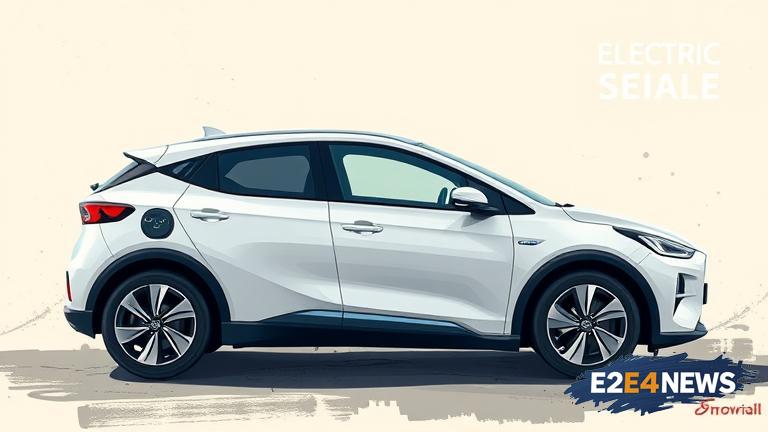The Indian government has announced a comprehensive plan to promote the adoption of electric vehicles (EVs) in the country. The plan includes a range of incentives and initiatives aimed at encouraging the use of EVs, reducing greenhouse gas emissions, and improving air quality. According to reports, the government plans to offer subsidies to EV manufacturers, as well as to consumers who purchase EVs. The subsidies are expected to be in the form of tax exemptions, rebates, and other incentives. Additionally, the government plans to invest in the development of EV charging infrastructure, including the installation of charging stations along highways and in urban areas. The plan also includes measures to promote the use of EVs in public transportation, such as buses and taxis. The government has set a target of having at least 30% of all new vehicles sold in India be electric by 2030. To achieve this goal, the government plans to work with state governments, industry stakeholders, and other organizations to create a supportive ecosystem for EVs. This will include the development of standards and regulations for EVs, as well as the creation of training programs for workers in the EV industry. The plan also includes measures to encourage the use of EVs in rural areas, where access to charging infrastructure may be limited. The government plans to work with private companies to develop innovative solutions for charging EVs in rural areas, such as battery swapping and mobile charging stations. Furthermore, the plan includes initiatives to promote the use of EVs in the commercial sector, such as delivery vans and trucks. The government plans to offer incentives to companies that switch to EVs for their fleets, as well as to encourage the development of EV-based logistics and transportation services. The plan is expected to have a significant impact on the environment, as EVs produce zero tailpipe emissions and can help reduce air pollution in urban areas. Additionally, the plan is expected to create new job opportunities in the EV industry, as well as to stimulate economic growth. The government has allocated significant funds to support the plan, and is expected to work with international organizations and countries to learn from their experiences and best practices in promoting EVs. The plan is also expected to help India achieve its climate change goals, as set out in the Paris Agreement. Overall, the plan is a significant step forward for India’s EV industry, and is expected to have a major impact on the country’s transportation sector. The plan is also expected to help reduce India’s dependence on fossil fuels, and to improve the country’s energy security. In addition to the environmental benefits, the plan is also expected to have economic benefits, as EVs are expected to be cheaper to operate and maintain than traditional vehicles. The plan is a key part of the government’s strategy to reduce greenhouse gas emissions and to promote sustainable development. The government has set a target of reducing greenhouse gas emissions by 33-35% by 2030, and the plan is expected to play a major role in achieving this goal. The plan is also expected to help improve public health, as EVs produce zero tailpipe emissions and can help reduce air pollution. The government has announced that it will work with state governments and other stakeholders to implement the plan, and to ensure that it is successful. The plan is a significant step forward for India, and is expected to have a major impact on the country’s transportation sector and environment.
